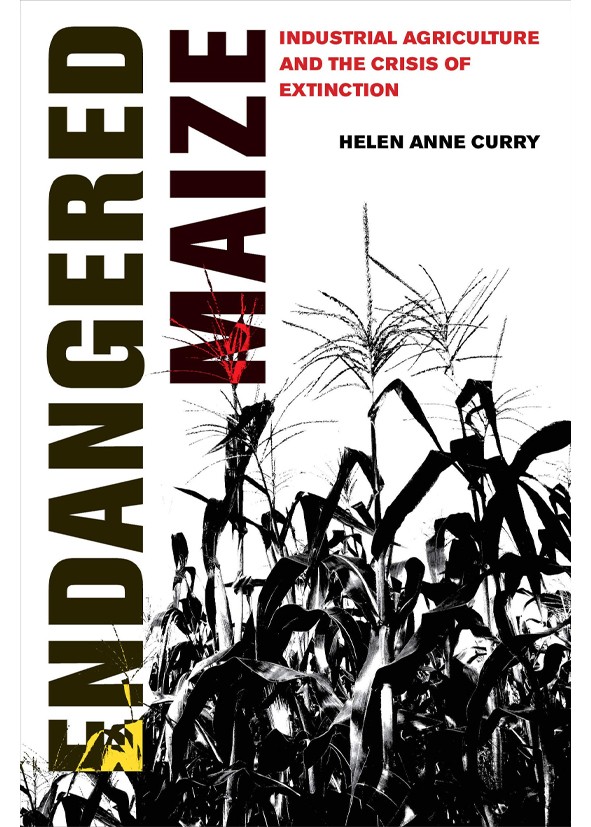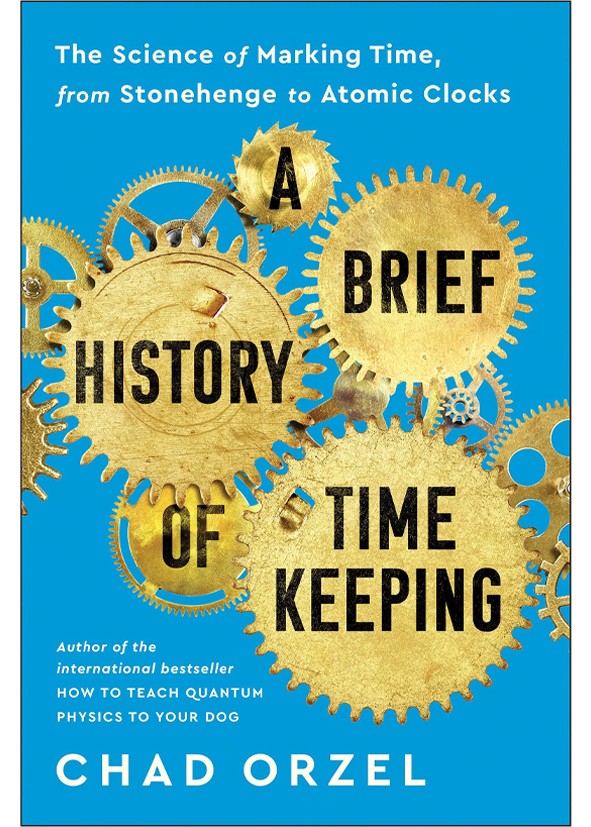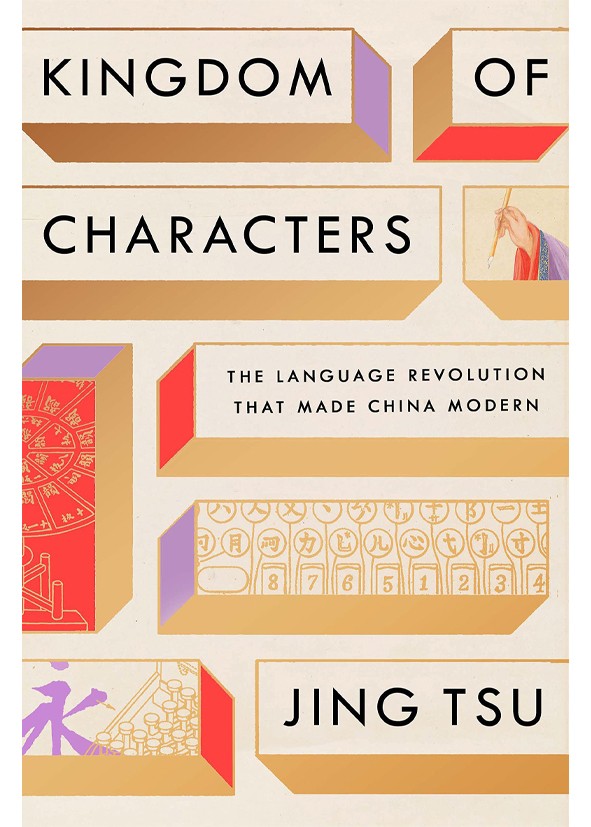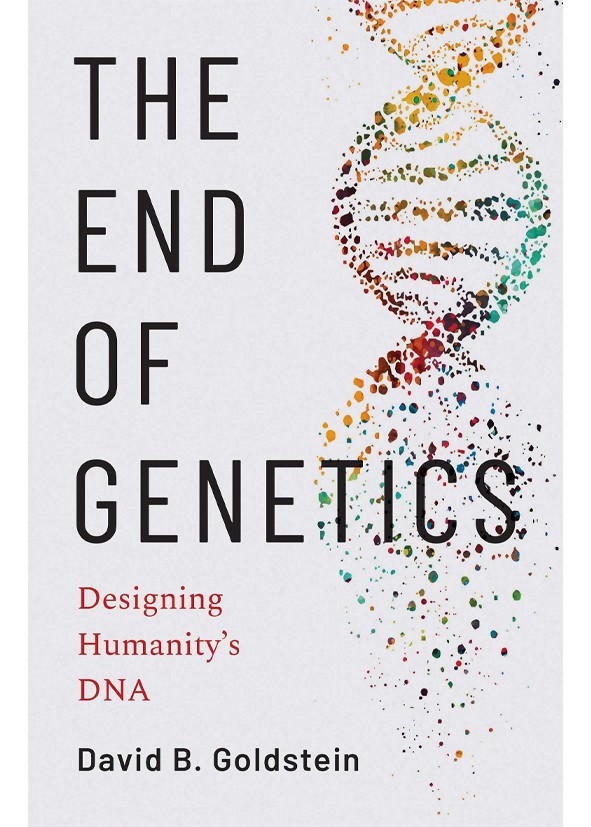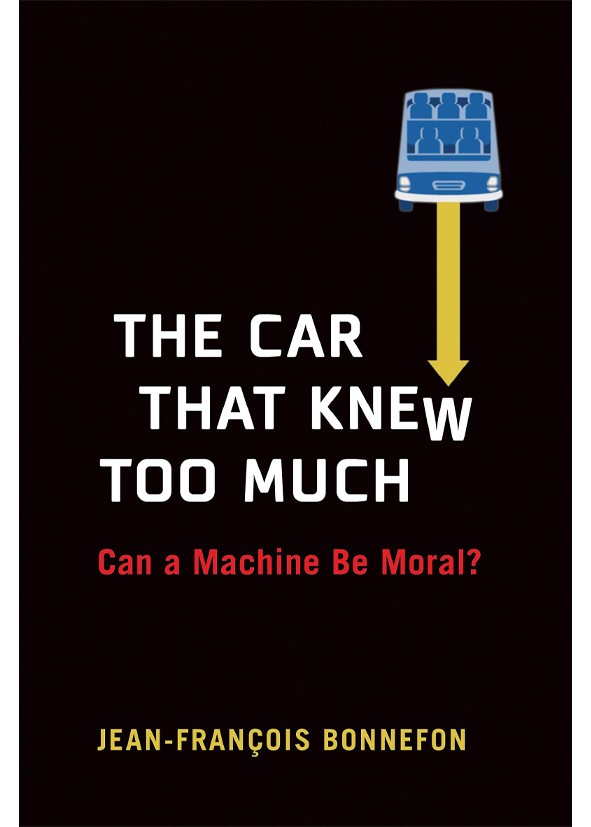Endangered Maize
Helen Anne Curry Univ. California Press (2022)
Maize (corn; Zea mays) originated in Mexico 6,000–10,000 years ago, when the grass teosinte was domesticated. By Christopher Columbus’s time, it had more than 200 sub-populations. Now, annual global production of the crop exceeds one billion tonnes, providing 20% of human calorie intake. But maize diversity is threatened by many factors, as science historian Helen Curry expertly discusses with specialists. She sees hope in the variety Glass Gem, inspired by Native American cultivation techniques.
A Brief History of Timekeeping
Chad Orzel BenBella (2022)
“Timekeeping has always been as much about the future as the past,” writes physicist Chad Orzel — whether for ancient societies tracking when to plant crops, medieval astrologers forecasting with the stars or modern astronomers predicting celestial transits. It also involves the quest for a regular, countable tick, such as the transition between the hyperfine levels of the caesium-133 atom’s ground state, now used to define the second. Full of history, physics and physicists, this varied book oddly omits Stephen Hawking’s 1988 A Brief History of Time.
Kingdom of Characters
Jing Tsu Riverhead (2022)
Chinese characters have always unified China but isolated it from most of the rest of the world, because of their complexity. Yet, notes US-based sinologist Jing Tsu, “Every technology that has ever confronted the Chinese script, or challenged it, also had to bow before it.” Her stimulating book discusses the typewriter, telegraph, librarian’s catalogue and computer. Human stories include that of physicist Zhi Bingyi, who invented a way to input the characters into computers while imprisoned in a ‘cowshed’ during the Cultural Revolution.
The End of Genetics
David B. Goldstein Yale Univ. Press (2022)
Geneticist David Goldstein thinks that advances in human genomic sequencing and editing signal the end of present-day genetics. But “our technological ability to design the genomes of our children” — possible in 10–30 years, he estimates in this intriguing and disturbing book — “is set to far exceed our knowledge of the consequences.” His informal survey of geneticists revealed little agreement, even in broad outline, on what a common-variant human, created by removing rare, potentially harmful, variants, would look like.
The Car That Knew Too Much
Jean-François Bonnefon MIT Press (2021)
Will a passenger in a self-driving car involved in an accident accept artificially programmed injury or death to save others? Such dilemmas were explored by the Moral Machine, an online platform devised by psychologist Jean-François Bonnefon and others, which collected 40 million decisions in 10 languages from millions of people in 233 countries and territories (E. Awad et al. Nature 563, 59–64; 2018). Participants preferred to save “the most lives possible, and the lives of the youngest”, notes this intriguing memoir.
Competing Interests
Table of Contents
The author declares no competing interests.

